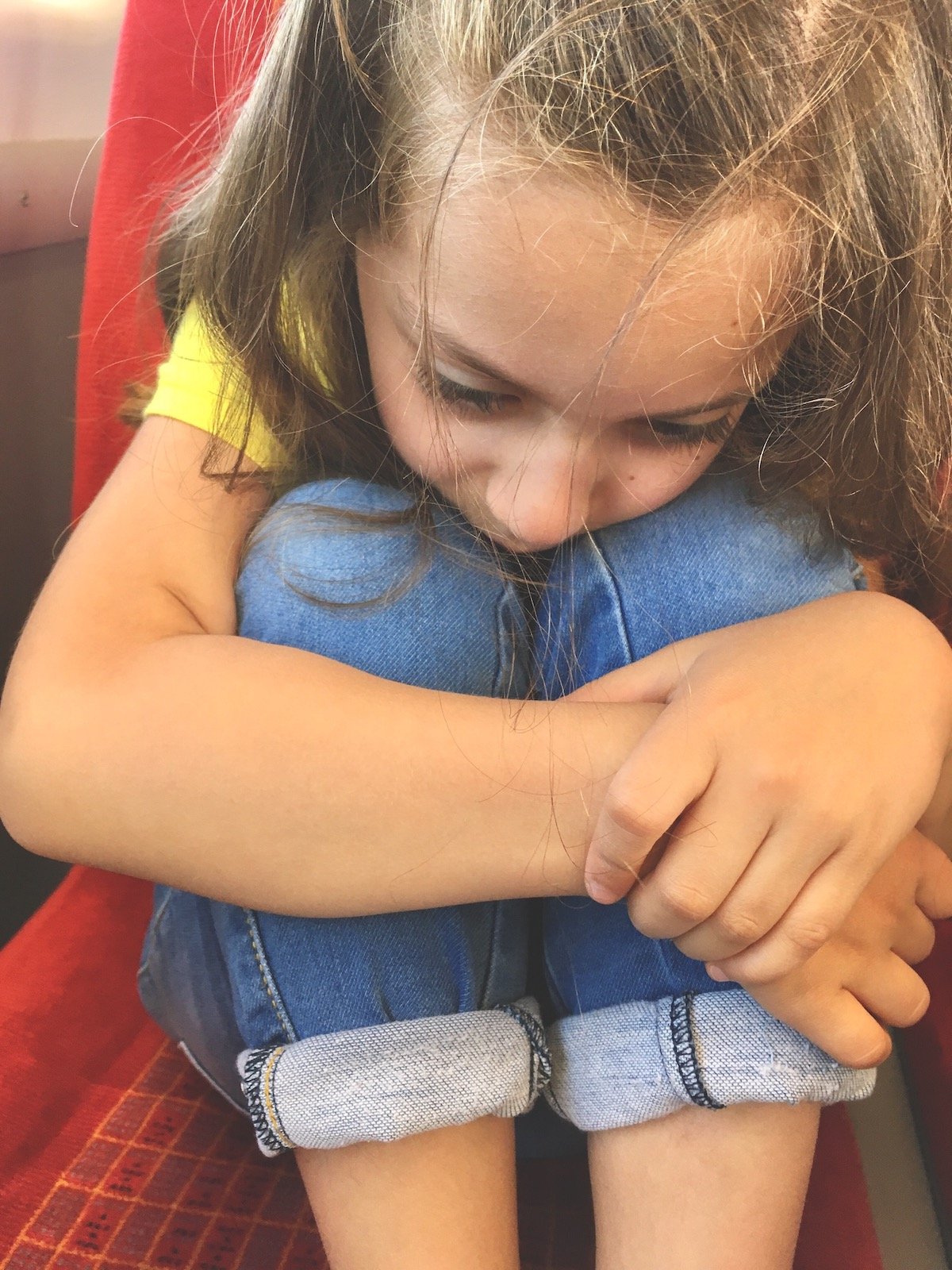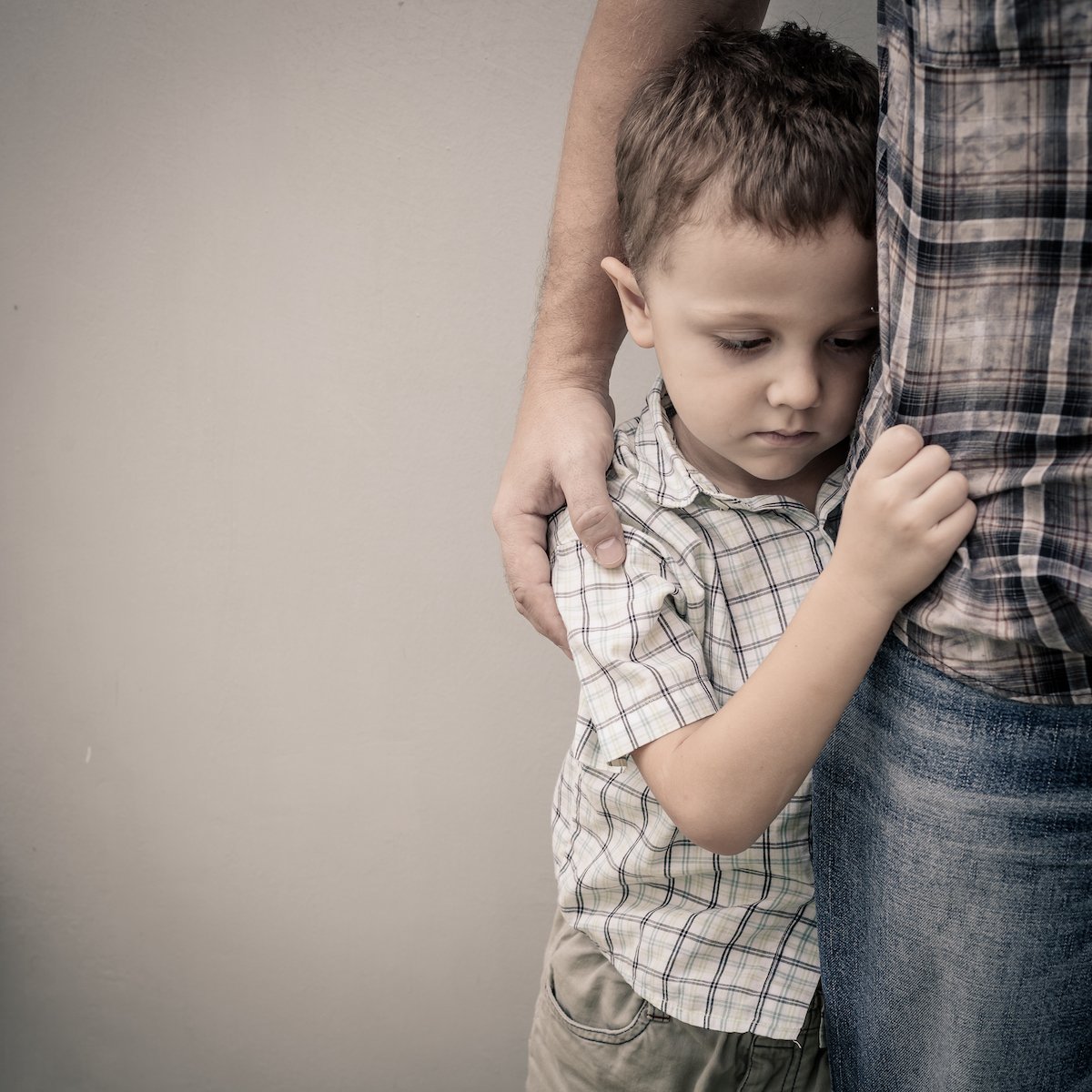Anxiety Treatment for Children
Parents of stressed out kids...
It’s not easy to watch your child’s level of frustration rise to a breaking point.
When they’re bullied in school or left out of activities, a child may internalize these events as personal failures.
Another child might cluelessly say something that turns someone off and not realize why they are being excluded. Yet another might be so afraid of saying the wrong thing, or being rejected, that they stay away from social situations that could make them feel vulnerable.
It is stressful to witness your child withdrawing from meaningful events in their life when they react to negative feedback from peers or the perception that something bad could happen to them.
These kids are crying out for guidance on how to fit in and what to do if something doesn’t go their way. They need you as a parent to step in and give them a safe way to feel accepted and climb out of self-inflicted holes.

Where does it all come from?
People worry because they don’t know what is coming next – when they expect something bad to happen.
This is often based on experience. It might have been abuse by a trusted adult, a vicious attack by a dog, or being endlessly teased by a classmate.
Anything that has a lasting impression on your child can cause them to feel like they are losing control and no longer believe in their ability to handle new situations.

Everyone worries sometimes, but this is different.
Our minds crave certainty and assurance. We need to be comforted. We need to believe we can handle situations.
Usually we’re able to quiet the worry thoughts so we can go about our lives. But, when we can’t, life becomes all sorts of unpleasant.
When a child can’t ease the pain inside, their feelings swirl around like a tornado. It keeps them constantly second-guessing their thoughts and believing that they are inadequate.
The effects are not just on their mind, but on their body as well. These kids actually “feel” the worry in their body, often complaining of such things as their stomach being tied up in knots, a loss of appetite, trouble sleeping, and a pounding heart.
Together, we need to peel back the layers which are concealing the initial trauma and deal with the problems directly. A child struggling with anxiety becomes lost within their pain and needs help bringing it to the surface.
It has been my experience that children resist because they become so comfortable and own the agony as much as they wish to be rid of it. We will call it out for what it is and help your child see that they can live without it.

Anxiety keeps you paralyzed in a state of “what-if”
Many of us might worry that we’ll perform poorly on a test, for example, but we try anyway.
Maybe we don’t know where to sit on the bus, but we pick a spot.
A lot of people aren’t sure what to say on a first date, but they put themselves out there.
Most of us take chances, even though we’re uncertain of the outcome. But when you have anxiety, instead of just worrying but “doing it anyway,” you get so wrapped up in “what could happen” that you stop living your life.
A child who was bitten by a dog becomes panic-stricken every time one comes near.
Class presentations make your kid feel ill.
A teen refuses to attend school, hiding from possible rejection, embarrassment, or distress.
It’s not that they can’t face these situations. It’s that they’ve already done so dozens of times in their mind and the results were not good.

There are many forms of anxiety.
I find these three most common types with children and teens:
Social Anxiety
Also known as social phobia, this is when you worry about being judged negatively in social situations. It feels like everyone is looking at you, preparing for you to do or say the wrong thing. You feel so self-conscious, so you avoid social situations or presentations that bring up the fear of embarrassing yourself.
Obsessive-compulsive disorder (OCD)
You are plagued by unwanted thoughts and fears. You engage in rituals, like compulsive hand washing or counting, as a stress reliever for your obsessions. If you don’t do the rituals, your worries don’t go away.
Generalized Anxiety Disorder (GAD)
Any situation can trigger a sense of impending doom. You constantly worry about what could happen and avoid many situations to avoid your fears. GAD can also appear when other problems are present. For instance, I almost always work with anxiety and depression simultaneously.

Here’s how therapy can help.
Addressing it as a family.
Kids often “inherit” anxiety from their parents or other family members. This is because children emulate their parents’ behavior and are affected when their parents appear stressed. They observe their parents worrying, and this becomes their way of managing situations, too.
This is why we seek to discover the origins of anxiety in the family… so we can break the cycles of worry that have lasted for years.
Taking charge of “worry mind bullies”.
That’s what I call anxiety (“anxiety” makes it sound like a permanent problem that you have to live with!).
But you can fight bullies and let them know you are in charge. Language, such as “I don’t want to go to that party because I don’t know who will be there, but I am going to go anyway,” will tell “worry mind bullies” you know what they are and they’re not the boss. This will give your child strength.
Even more so, your child will learn to flood their mind with positive thoughts, like “I can put myself out there” or “I’m capable” so their confidence will grow.
In time, instead of pleading for worry to stop, your child will say, “Is that all you got?”

Working it out.
Anxiety will never go away without an actionable plan.
Starting in the first session, your child will get to work learning about how anxiety affects them. Using diagrams and imagery, we will talk about the parts of the brain responsible for anxiety and how it is triggered. This information makes anxiety concrete and foreseeable. It gives children ownership over what is happening in their body.
Once they recognize the triggers, we “retrain” the brain to respond differently to new situations. This is empowering because now your child does not need to succumb to their worrisome thoughts. They can embrace the appearance of anxiety, and plan for its demise.
Most important is practice and repetition. The language to talk back to worry and the positivity we embrace will be the fuel your child will need to face everyday situations.
Just like you can’t become an expert at a sport without practice, you can’t overcome anxiety without the implementation of strategies. Your child will never experience success in managing distressful circumstances unless they face them in “real life.” With your support in and outside of therapy, it becomes easier every time they do it.
Let me help you take charge of your life.
I’ve helped tons of kids and families whose worry has them stuck in despair. In just weeks of child anxiety therapy, your child will feel more clarity and control so that they can experience satisfaction and fulfillment in everyday situations.
Whether this is a new problem, or it’s been going on for years, you can easily change course. It will take dedication and practice, but you can do this. After all, everything worth striving for takes work.
And this is your child’s LIFE we’re talking about!
With a clear plan, they can show worry who’s in charge – that the need for security and comfort does not mean being chained down and prevented from living your best life.
Your child doesn’t have to live in fear anymore!

Want to know where to start?
In our work together, we will uncover what is missing from your child’s life, what’s holding them back in worry and despair, and what are the ways we can help them move toward a place of happiness and fulfillment.
We provide convenient online sessions.
Schedule An AppointmentContact Us
